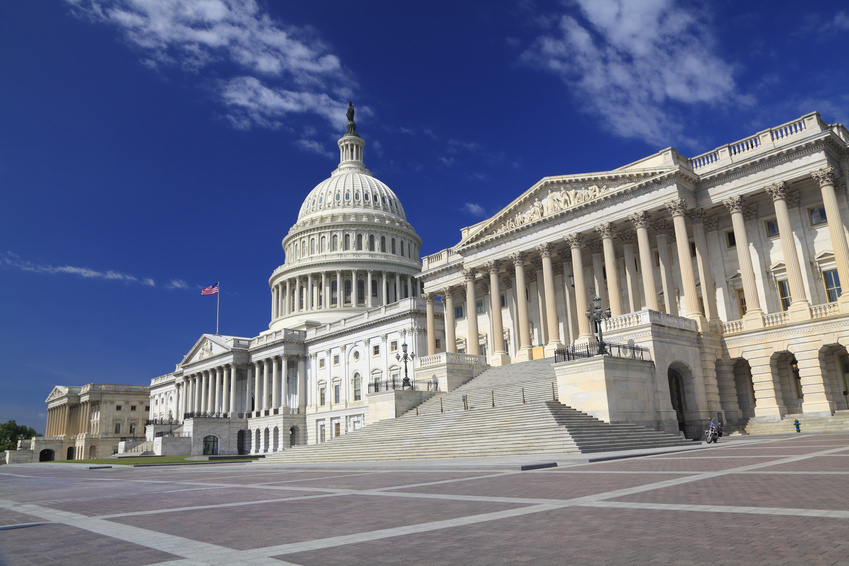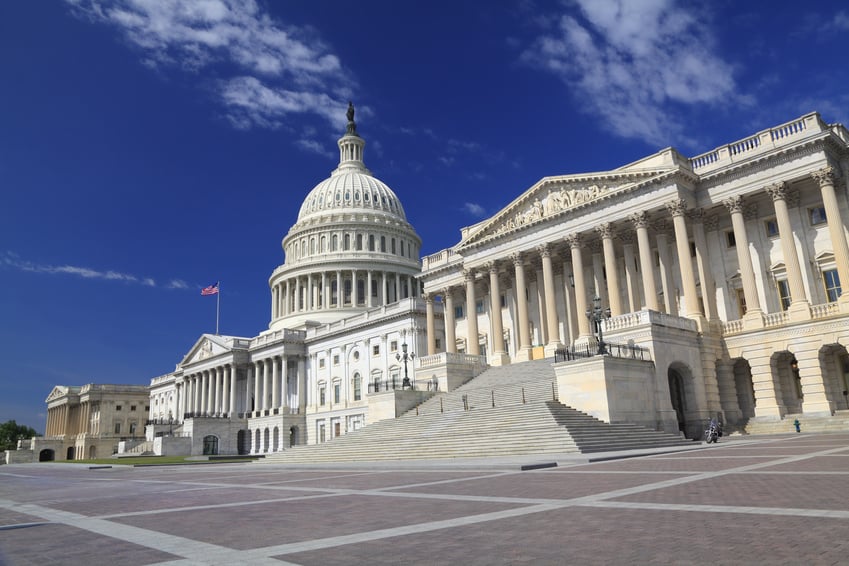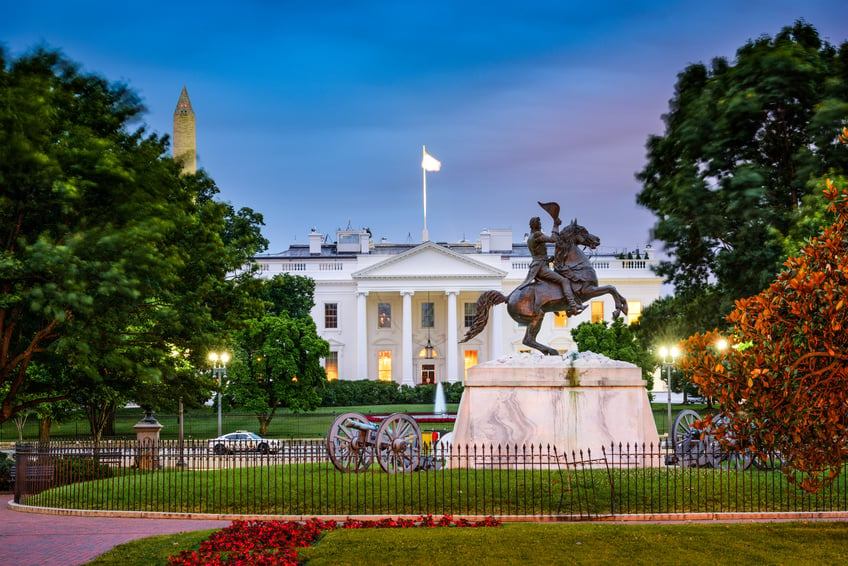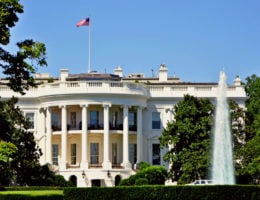On 17 July 2023, the US Securities and Exchange Commission (SEC) urged Chinese companies to disclose certain business links they may have to Uyghurs and other Muslim minorities. The companies may face compliance risk and supply chain disruptions if they operate in the Xinjiang region of China or do business with companies that operate in the area known for its Uyghur population, the SEC said in new guidance. The Uyghur Forced Labor Prevention Act, which President Biden signed into law in 2021, blocks imports from the region unless a company can prove the products were made without forced labor.
On 23 December 2022, President Biden signed into law the National Defense Authorization Act for Fiscal Year 2023. Section 5949 of the FY2023 NDAA would prohibit executive agencies from procuring or contracting with entities to obtain any electronic parts, products, or services that include covered semiconductor products or services from certain Chinese companies. The semiconductor prohibitions will not take effect until five years after the date of enactment, and the Federal Acquisition Regulatory Council will issue regulations implementing the prohibitions no later than three years from the enactment date.
Just before the holidays, President Biden signed two bills passed in the final days of the last Congress that contain a number of provisions with implications for sanctions, export controls, and supply chain restrictions: the National Defense Authorization Act and the Consolidated Appropriations Act, 2023.
Baker McKenzie’s Sanctions Blog published the alert titled House NDAA would ban federal contracts with businesses operating in Russia on 20 July 2022. Read the article via the link here. Please also visit our Sanctions Blog for the most recent updates.
Baker McKenzie’s Sanctions Blog published the alert titled US President signs bills revoking Russian trade status and barring energy imports on 11 April 2022. Read the article via the link here. Please also visit our Sanctions Blog for the most recent updates.
In a sign that Congress continues to pursue bipartisan efforts to combat the use of forced labor in supply chains, Senators Josh Hawley and Kirsten Gillibrand have reintroduced the Slave-Free Business Certification Act of 2022. The Act would impose significant new compliance and disclosure requirements for many companies, requiring businesses with annual, worldwide gross receipts exceeding USD 500 million to conduct annual audits of their supply chains to detect any use of forced labor, report findings to the US Government, and face potentially significant fines and penalties for violations.
US Senate Democrats, with support from the White House, have introduced the Defending Ukraine Sovereignty Act of 2022. This bill seeks to deter a Russian “escalation” of hostilities in or against Ukraine through the threat of imposing sanctions against Russian officials and companies, as well as individuals and entities involved in the Nord Stream 2 pipeline.
The compromise version of the Uyghur Forced Labor Prevention Act (HR 6256) was recently passed by both chambers of Congress, and the legislation is now cleared for President Biden’s signature. It is expected that President Biden will sign the legislation into law soon. With strong bipartisan support, earlier versions of this legislation had passed the US House and Senate in the preceding months, and lawmakers reached an agreement that merged versions from each chamber.
On October 20, the House of Representatives passed five bills with overwhelming bipartisan support that aim to promote supply chain and network security. This post will focus on two bills directed towards the Federal Communications Commission. While these legislative measures are directed towards a U.S. government entity, and thus may not (on their face) appear applicable to corporate supply chains, if enacted, these bills could result in changes to laws, regulations, and policies down the line that impact compliance measures for companies.
On October 20, the House of Representatives passed five bills with overwhelming bipartisan support that aim to promote supply chain and network security. This post will focus on one bill directed to the Department of Homeland Security (“DHS”), and two bills directed to the Department of Commerce (“DOC”). While these legislative measures are directed towards U.S. government entities, and thus may not (on their face) appear applicable to corporate supply chains, if enacted, these bills could result in changes to laws, regulations, and policies down the line that impact compliance measures for companies.







